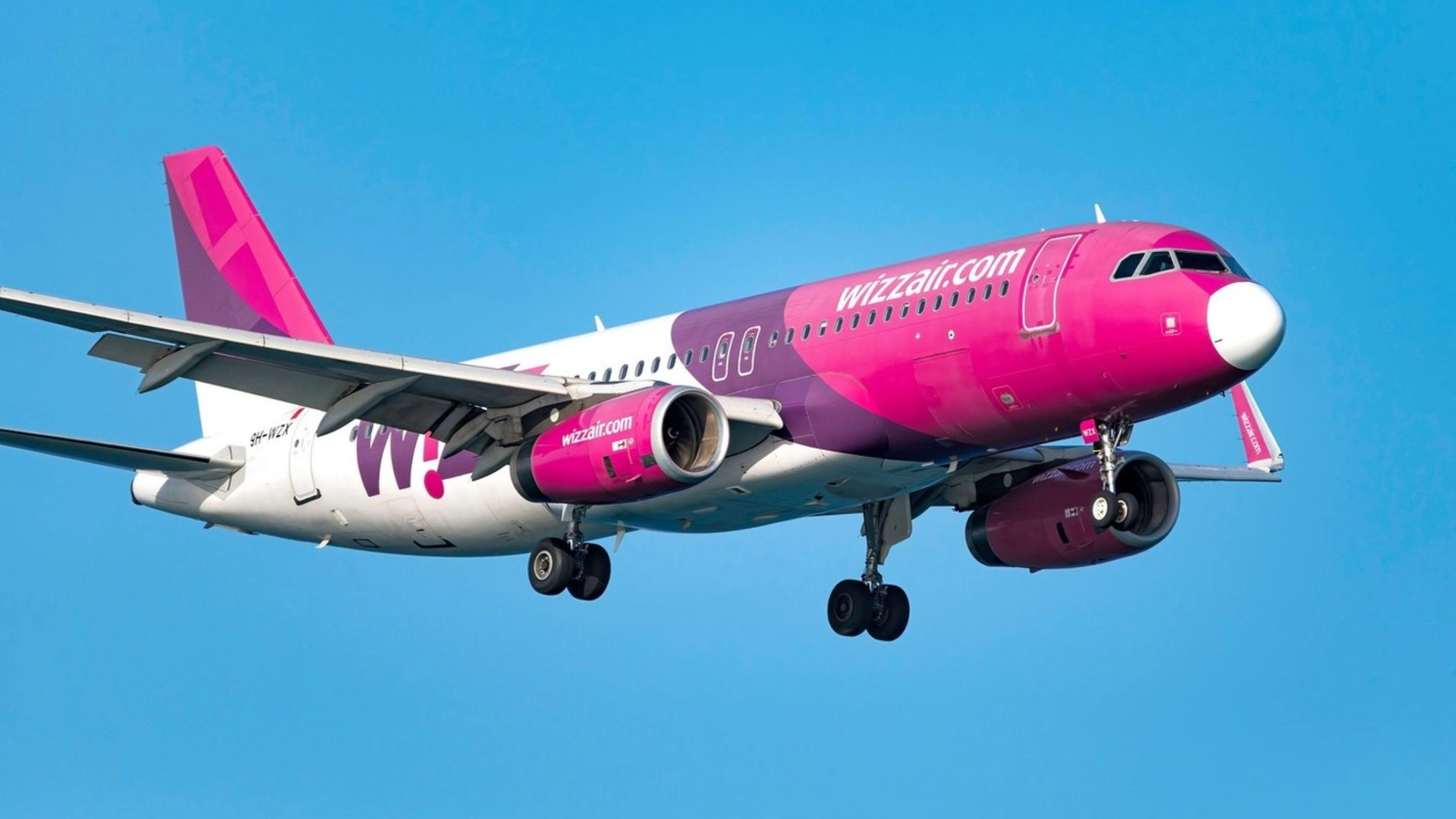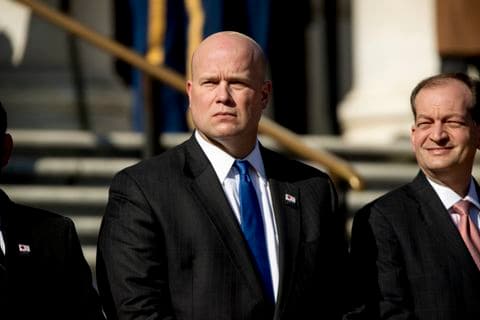Air travel will grow more expensive if the MEPs' proposal to ban airlines from charging passengers extra for small carry-on luggage is adopted, informs Agerpres.
"We strongly oppose the European Parliament's proposal, which would destroy current commercial freedom and render flights more expensive for millions of passengers. If the proposal were adopted, airlines would be obliged to include the price of hand luggage in the initial ticket price, regardless of whether the customer needs said luggage or not. This would reduce price transparency and eliminate consumer choice, forcing passengers to pay for services they may not use," Wizz Air representatives said in response to a request by AGERPRES.
Also, the airline representatives explained, this would lead to longer boarding times, especially for ultra-low-cost carriers such as Wizz Air, which operates with extremely efficient aircraft turnaround times of 30 minutes, undermining the operational efficiency and low-cost model that make air travel affordable in Europe.
EU lawmakers called on June 24 for a ban on airlines charging for small hand luggage, an initiative that sparked vehement protest from the businesses in this economic sector, France Presse reported.
The European Parliament's Committee on Transport and Tourism (TRAN) adopted a proposal that would allow passengers to bring one personal item, such as a handbag or backpack, and one other item weighing up to 7 kilograms into the cabin for free.
The measure is intended to free passengers from "unjustified additional costs", said Matteo Ricci, a Socialist MEP who co-authored the text.
Many low-cost airlines allow only one item in the cabin, included in the ticket price, and charge a supplement for any additional hand luggage.
The Airlines for Europe (A4E) association, which represents the sector, criticised the European lawmakers' initiative, saying it would lead to higher ticket prices for lightweight travelers.
The measure, which would apply to all flights to or from the European Union, was adopted as part of a set of amendments to passenger rights rules proposed by the European Commission.
TRAN also voted to introduce a common form for claims for compensation and reimbursement, as well as a list of exceptional circumstances - such as natural disasters or wars - that would allow airlines to refuse compensation.
Before they come into force, all of these proposals must be approved by the European Parliament and then negotiated with member states (the Council of the EU).
































Comentează